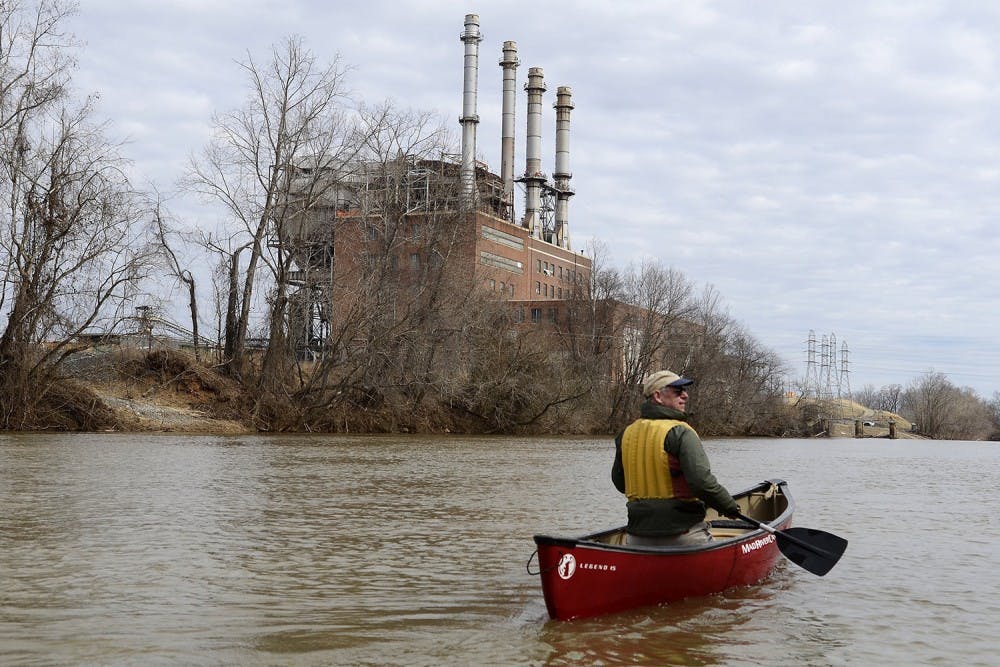The Feb. 2, 2014 spill at Dan River Steam Station in Eden, N.C., caused the state to work toward creating regulation regarding the storage and management of coal ash at Duke Energy’s 14 coal facilities.
Tiffany Haworth, director of the Dan River Basin Association, said in an email that while the river is now safe for recreation and aquatic life, the effects of the spill on future aquatic life are unknown.
“The fact remains that over 30,000 tons of coal ash containing heavy metals remains at the bottom of the Dan River,” Haworth said.
A statement from the N.C. Department of Environment and Natural Resources said water quality levels improved to their previous conditions over the months following the spill, and a water advisory was removed in summer 2014.
The Coal Ash Management Act, which became law in September, required Duke Energy to close four high-risk facilities by Aug. 1, 2019.
Frank Holleman, an attorney at the Southern Environmental Law Center, said the state has not done enough in the past year.
“Duke has agreed to clean up four sites but has yet to start moving any ash,” Holleman said. “That means there are 10 other sites in North Carolina that Duke has not pledged to clean up.”
The new state law also required the formation of a commission that classifies waste ponds into risk categories by the end of 2015.



